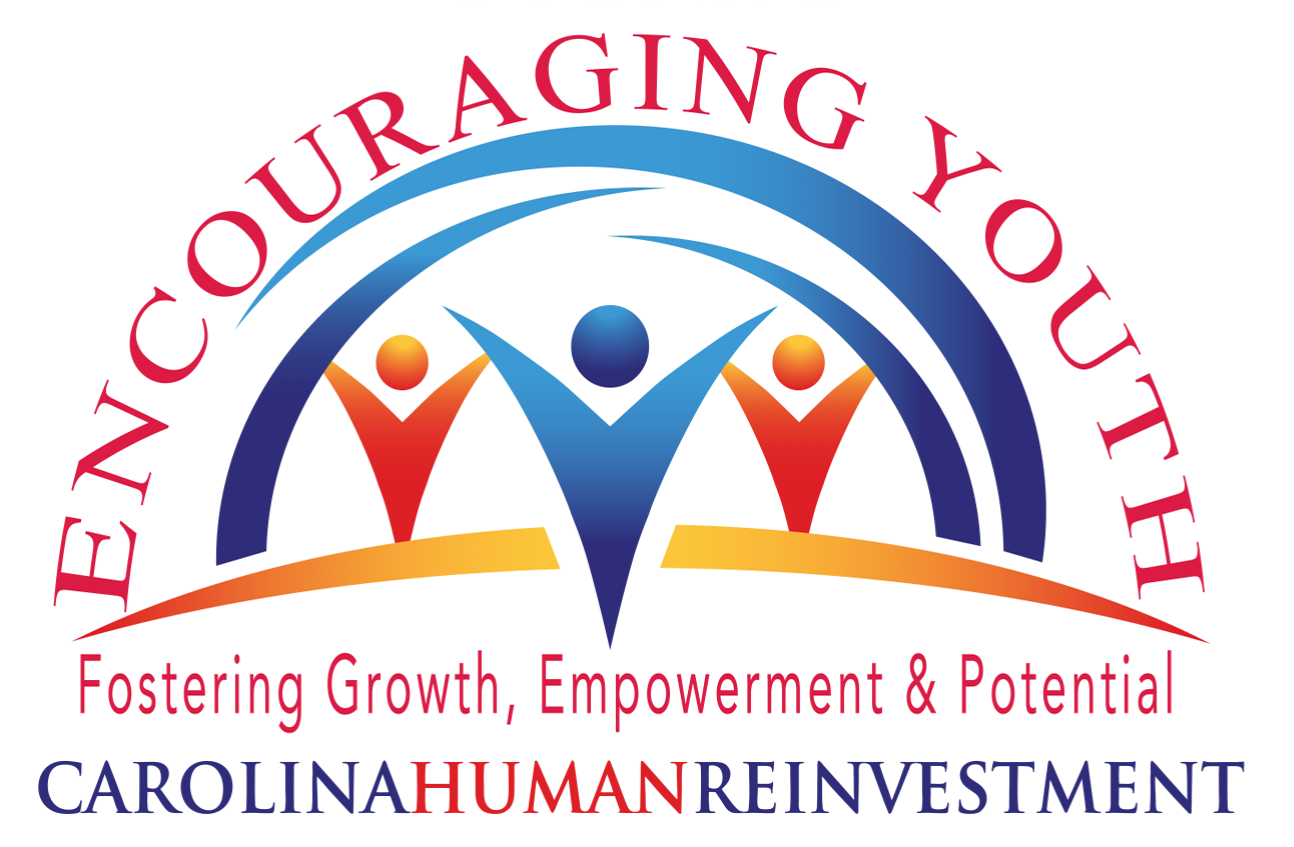Relationship Skills
#1 Family Resources on Good Questions, Part 1
Project and Purpose
In small groups, students analyze portions of Dean James Ryan’s 2016 commencement speech to the Harvard Graduate School of Education and teach their findings to the full group
Essential Questions
What is the power of a good question in life?

If this lesson was used in the classroom: Students analyzed their skills at asking meaningful questions. In class students discussed how they can learn more and honor others by asking thoughtful and consequential questions. In groups students assessed advice from a commencement address given by James E. Ryan, the dean of Harvard Graduate College of Education.
Getting Ready for the Conversation
Asking good questions is a useful skill in our personal and professional lives. This lesson helps students learn how to ask quality questions, both for research and interpersonal communication.
Conversation notes:
In many contexts good questions are important for communication. Journalists, scientists, parents and many others know that finding out what is important requires asking good questions. In this lesson students tried their hand at it as well. Students may or may not have watched the commencement address given by James E. Ryan (now the President of the University of Virginia).
Dr. Ryan’s speech may be viewed at: https://www.gse.harvard.edu/news/16/05/good-questions
Constructive Conversation Starters
The first item is for follow-up after participating in class activities.
What do you think makes for a good question. Why?
Come up with a good question and a poor question about a subject or topic. Describe why one is a good question and the other is not.
Do you think you usually ask good questions? Why or why not?
James E. Ryan said, “Great leaders don’t have all the answers, but they know how to ask the right questions.” What do you think this means? Why do you think he included it in his speech?
School to Home Resources on Good Questions, Part 1
Materials
- Board/chart to collect group questions.
- Quotations from the 2016 commencement speech by Dean James Ryan to the Harvard Graduate School of Education (slide or handout)
- If possible, a copy of and/or youtube video of Dean James Ryan’s 2016 commencement speech, found at: www.gse.harvard.edu/news/16/05/good-questions
Lesson Plan
Teacher
- Explain that today’s session is all about good questions and the power they can have for our lives.
- Begin by asking everyone to think of the best question they have ever been asked or ever heard or read. This can be from any situation or source: an interview, a film, a class discussion, a test, a friend, by someone they respect, etc. Ask volunteers to share their questions and collect them on the board/a chart. Be prepared to share your own experience with a good question and copy it to the chart.
- Ask students why these questions are memorable or make the grade of “the best questions.” Again, collect their responses on the board/chart.
- Tell students that in 2016, Dean James Ryan of the Harvard Graduate School of Education, gave a commencement speech with the very long title, “Three suggestions about asking and hearing good questions, including five examples of essential questions plus a bonus question at the end, the correct answer to which is ‘I did.’” Students will use portions of this speech to determine the power of good questions in our lives.
- Break into five discussion groups and give each group one of the quotations from Dean James Ryan’s Commencement speech. Each group should elect a scribe and a presenter and then complete the following tasks:
-
- Highlight the most important 3-5 words in the quotation and defend their choices.
- Connect the quotation to a personal experience or observation.
- Explain why this quotation should be important to students their age.
- List the questions this quotation brings to mind for each member of the group.
-
- After giving each group time to complete the tasks, ask each group presenter to share their quotation and their information to the full group.
Conclusion
Ask students to discuss or write a brief response/exit ticket to the essential question: What is the power of a good question in life?

